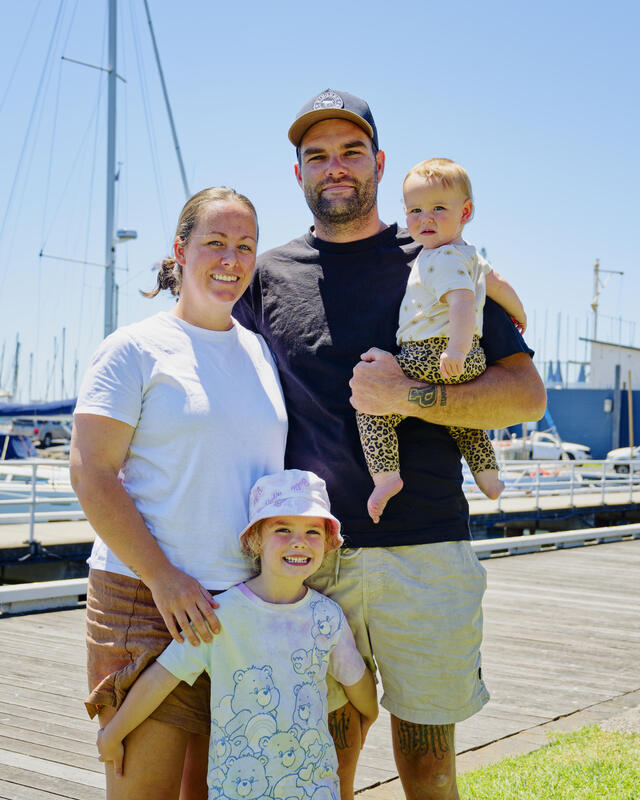In its sixth year, there were more than 60 entries in the Bellarine Writing Competition’s short story competition, with the overall quality of entrants’ writing improving yet again.
The 2024 winner is Jenny Macaulay from Portarlington. She is a consistent entrant each year, always submitting exceptional work for the competition.
Judges’ comments.
Jenny’s story, ‘Unnewsworthy’ was an intriguing take on the final prompt ‘Sweet Revenge’ given to the five finalists. Jenny’s excellent description of scene and the ambiguity of character intent had the four judges animatedly debating the ending. As a reader of the Voice what do you think was the nature of her ‘Sweet Revenge?’
Jenny Macaulay is a retired primary school teacher enjoying life in Portarlington facilitating art and writing groups between gardening and just appreciating a relaxed lifestyle.
Jenny organises activities where others can enjoy the experience of writing in its many forms. She facilitates a poetry group in Geelong under the umbrella of Geelong Writers and runs the Portarlington Haiku Society where members participate in a monthly competition. She and a colleague also organise the Midwinter Words writers’ weekend which will be enjoying its 10th year this August after a break since the COVID years.
Jenny also runs a drawing class at the Portarlington Neighbourhood House and the occasional Sumi e workshops (Japanese ink painting) and nature journaling workshops for Bellarine Bayside Coastal Management. In her spare time she enjoys painting small watercolours of Bellarine’s beautiful surrounds.
Unnewsworthy by Jenny Macaulay
Hannah clenched her teeth as her shiny, platinum Lexus jiggled over the potholes along the 200 metre driveway towards what was once her childhood home. She rounded the familiar clump of tatty conifers and fumed at the sight of the old bull-nose veranda leaning dangerously to one side, propped up by a couple of beer kegs. Sections of the light-green house paint had weathered back to raw boards. How could her brother allow the place to deteriorate like this?
Jill, a neighbour, had alerted Hannah to Malcolm’s decline after calling in to find him drunk and with a nasty gash on the side of his head. He’d refused help and was abusive, which was totally out of character. Hannah learnt from Jill that a few months earlier, she and another neighbour had purchased the remains of Malcolm’s dairy herd. He couldn’t afford the feed through the continual drought conditions.
After hearing from Jill, Hannah rang Malcolm and received an earful. How dare her younger brother speak to her like that! He’d inherited the farm, their father believing that property should go to the son. She was quite happy about that really, but was outraged that the overall assets had not been more fairly distributed. She and Malcolm had not communicated since.
Hannah entered the large, three-sided corrugated-iron shed. Where were the dogs to announce her arrival? Apart from a slight breeze through the pines and occasional caw of a raven, all was eerily quiet. An oil stain on the rammed-earth floor indicated an absent vehicle. The old farm tractor, spot-lit by sunlight beaming through a hole in the wall, was laced with spider-webs. Nearby, scattered hay had burst free from its baling twine.
Hannah shouted Malcolm’s name and a startled swallow swooped from the darkness causing her to duck and stumble out of the building. She continued past her car and made for the house. She needed the toilet urgently and would force the door if necessary.
It was unlocked. Again she called Malcolm’s name as she headed for the bathroom, past the old heavy furniture, the dull prints on the walls, that awful grey patterned carpet purchased to disguise the marks made by dirty boots. And the smell, that familiar sweet smell of methylated spirits that her mother had used to meticulously clean doorknobs and sinks. This was a surprise as the house looked filthy. But the loo was her priority. She reached the bathroom and slammed the door.
The toilet was in the corner of the large room. High, narrow wind-out windows had rusted into a permanent half-open position above the roof of the adjoining woodshed, the woodshed where their mother had been fatally bitten by a tiger snake when Hannah was 17.
A partition of dimpled glass, now cracked in several places, separated the toilet from the bath and its overhead shower. With some trepidation Hannah peered into the toilet bowl. Apart from a dark rim around the murky water’s edge, it seemed safe. She lowered the seat and relieved her full bladder, then pulled the chain. Murky brown water flowed from the cistern.
The hand-basin tap water cleared after she let it run. Malcolm must have been absent for a few days. A dry bathmat lay crumpled on the pink, flecked linoleum floor. She swept back the striped shower curtain, its base black with mould, and pushed it along the rail towards the tap end of the grimy bath. Water stains marked their leaky route to the plughole.
She’d grab her phone from the car and give him a ring. It wouldn’t do to be found fossicking around in the…his…house. As she turned the brass doorhandle, it came off in her hand. She heard part of the mechanism drop either inside or on the other side of the door. She tried refitting the knob and turning it, but the door remained shut. She put her fingers into the hole to find some moveable part. Nothing budged. Her heart raced as panic surged. She tried breathing slowly…deeply.
Malcolm gently closed the door of his second-hand caravan. He left the radio on inside and his old Ford Utility parked alongside his outdoor table on which lay a book and a coffee cup. A tee-shirt and underpants dripped from a makeshift clothesline. He slipped out of the caravan park unnoticed. It was half an hour’s walk to town and by then the businesses would be opening their doors. He’d booked the hire car a couple of days prior and was due to pick it up at 9.30am.
It was a two hour drive to the farm. He reviewed his plan. He regretted having to lose the farmhouse but it was the only way he could secure a fresh start, both mentally and financially. His mother’s death eight years back had been tragic, but three years after that, running the farm alone while his father was gradually consumed by cancer, had taken its toll. And fancy his sister ringing after all this time. Where was she through all the doctors’ appointments, the hospital stays? Too busy with her Sydney high-flying mates to even visit during those miserable final years of their father’s life. Then to have the audacity to challenge the will!
It was the drought, however, that finally destroyed Malcolm. Nothing could change that now.
He ran through it once more. The newspapers, sprinkled with methylated spirits, were stacked high in the back bedroom. Directly outside were the gas cylinders, recently filled. A fuse from the newspapers, via a tiny hole at floor level, and extending beyond the house by ten metres, gave him ample time to get back to the cowshed at the rear of the farm. He’d be in the hire car and on the backroad before the house erupted in flame, then back in the caravan park’s kitchen block with fellow campers for the five o’clock news, although he doubted very much that a burnt-out farm house was even newsworthy.

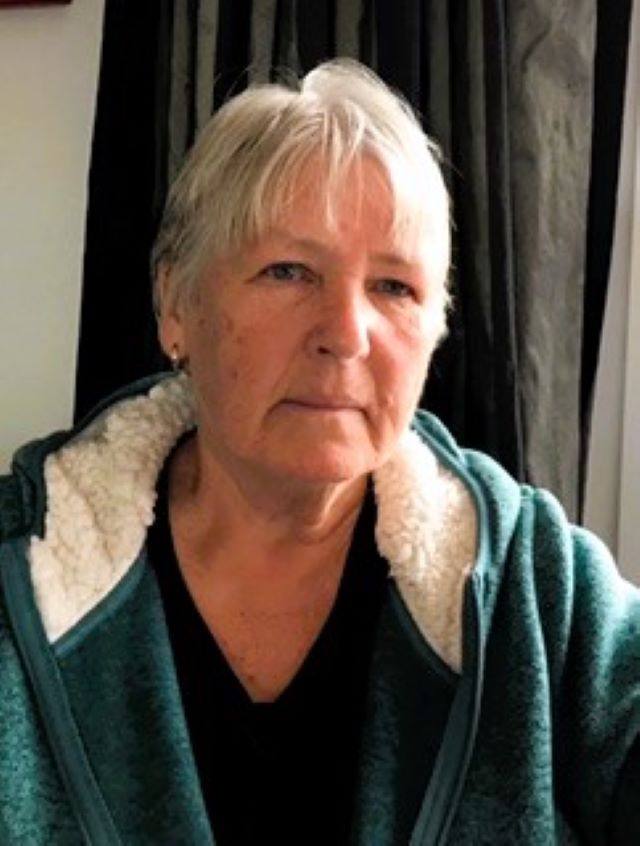
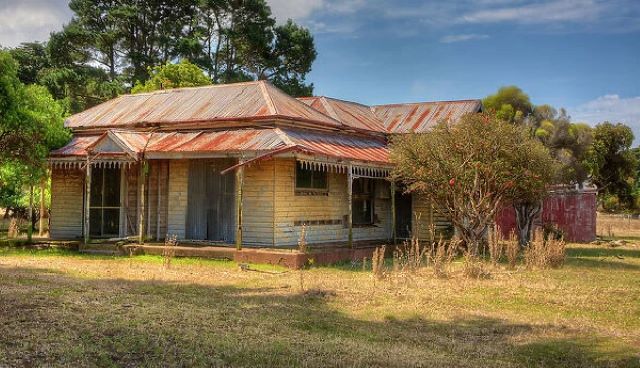
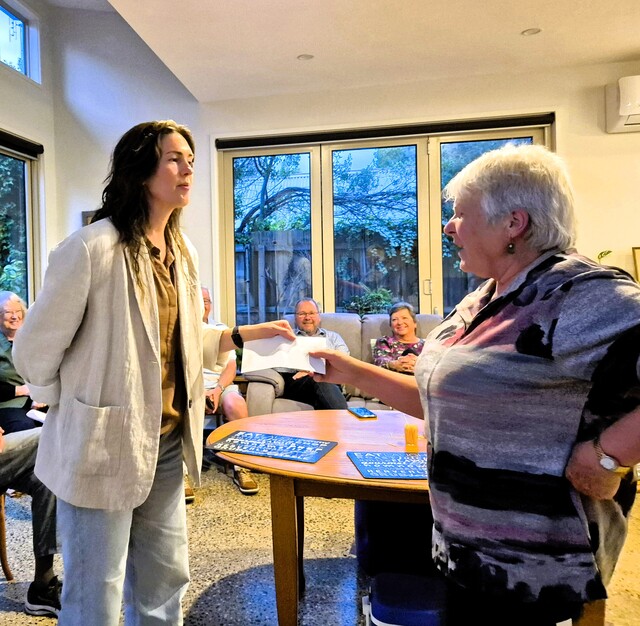
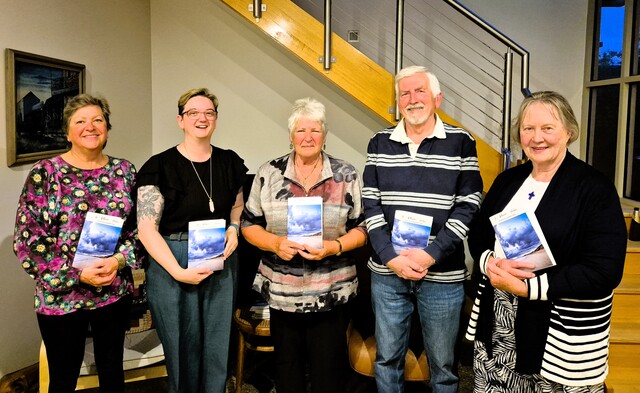


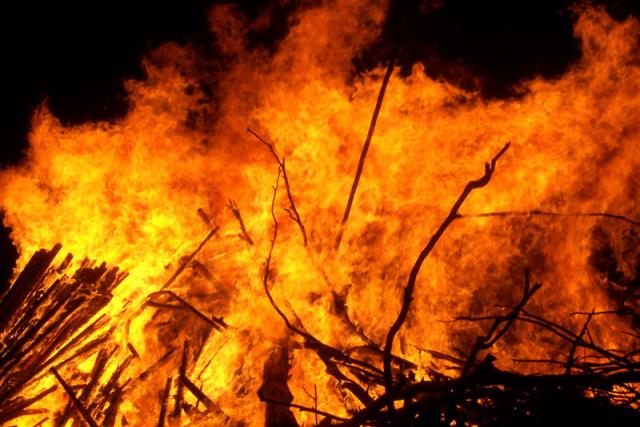

![[READER COMPETITION] – WIN FAMILY PASSES to Circus Wonderland at Barwon Heads](https://oceangrovevoice.com.au/wp-content/uploads/2026/01/Circus-wonderland.png)
